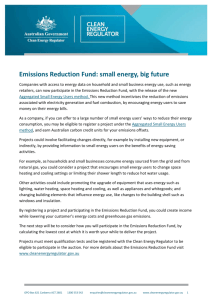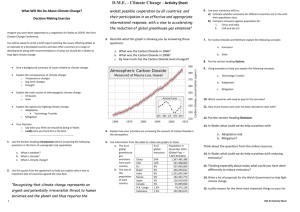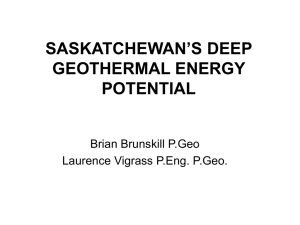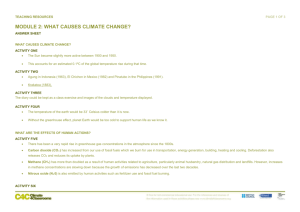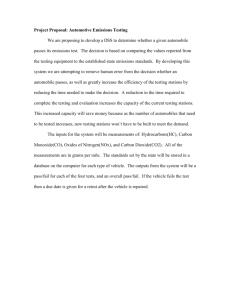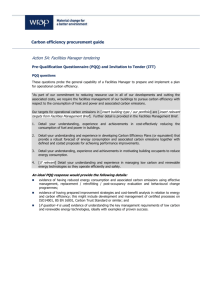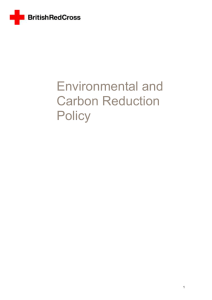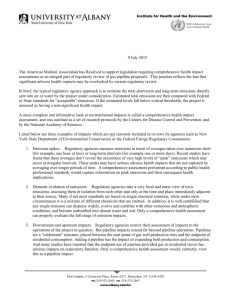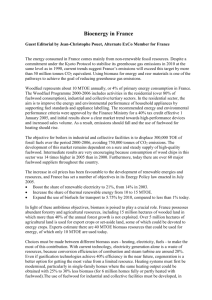Carbon Emissions: Heating Systems and more
advertisement
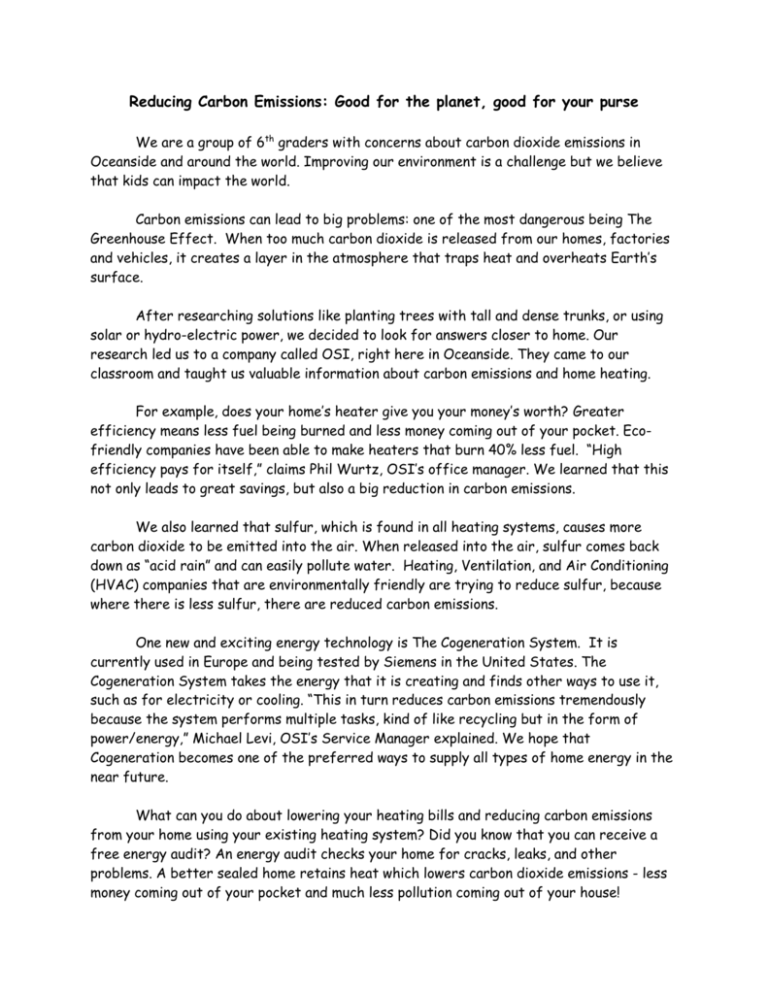
Reducing Carbon Emissions: Good for the planet, good for your purse We are a group of 6th graders with concerns about carbon dioxide emissions in Oceanside and around the world. Improving our environment is a challenge but we believe that kids can impact the world. Carbon emissions can lead to big problems: one of the most dangerous being The Greenhouse Effect. When too much carbon dioxide is released from our homes, factories and vehicles, it creates a layer in the atmosphere that traps heat and overheats Earth’s surface. After researching solutions like planting trees with tall and dense trunks, or using solar or hydro-electric power, we decided to look for answers closer to home. Our research led us to a company called OSI, right here in Oceanside. They came to our classroom and taught us valuable information about carbon emissions and home heating. For example, does your home’s heater give you your money’s worth? Greater efficiency means less fuel being burned and less money coming out of your pocket. Ecofriendly companies have been able to make heaters that burn 40% less fuel. “High efficiency pays for itself,” claims Phil Wurtz, OSI’s office manager. We learned that this not only leads to great savings, but also a big reduction in carbon emissions. We also learned that sulfur, which is found in all heating systems, causes more carbon dioxide to be emitted into the air. When released into the air, sulfur comes back down as “acid rain” and can easily pollute water. Heating, Ventilation, and Air Conditioning (HVAC) companies that are environmentally friendly are trying to reduce sulfur, because where there is less sulfur, there are reduced carbon emissions. One new and exciting energy technology is The Cogeneration System. It is currently used in Europe and being tested by Siemens in the United States. The Cogeneration System takes the energy that it is creating and finds other ways to use it, such as for electricity or cooling. “This in turn reduces carbon emissions tremendously because the system performs multiple tasks, kind of like recycling but in the form of power/energy,” Michael Levi, OSI’s Service Manager explained. We hope that Cogeneration becomes one of the preferred ways to supply all types of home energy in the near future. What can you do about lowering your heating bills and reducing carbon emissions from your home using your existing heating system? Did you know that you can receive a free energy audit? An energy audit checks your home for cracks, leaks, and other problems. A better sealed home retains heat which lowers carbon dioxide emissions - less money coming out of your pocket and much less pollution coming out of your house! Here are two easy-to-do audit tips that can get you started: Energy Tip 1: Open your shades and drapes during the day to let the sunshine in. When the sun goes down, close them again and trap the heat. Energy Tip 2: If you have a light switch on the outside of your home, put in a little insulation around it. Listed below are three companies we found that provide free energy audits. Please take advantage of this opportunity. Econo-Therm- www.econotherm.com (This is the company that OSI - osicomfort.com - uses for their Free Energy Audits) You Save Green- www.yousavegreen.com Green Homes Long Island- www.greenhomeslongisland.com If this information has helped you in some way, please email us at carboncops123@gmail.com. We would like to finish our Siemens research paper by recording data showing that we made a difference! Riley Martin, Rebecca Mayo, and Bryan Strier are sixth grade Oceanside Project Extra students. They are involved in the Siemens We Can Change the World Challenge which is the premier national environmental sustainability competition for K-12 students. Through project-based learning, students learn about science and conservation while creating solutions that impact their planet.

